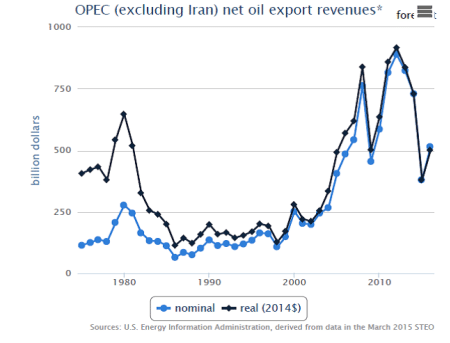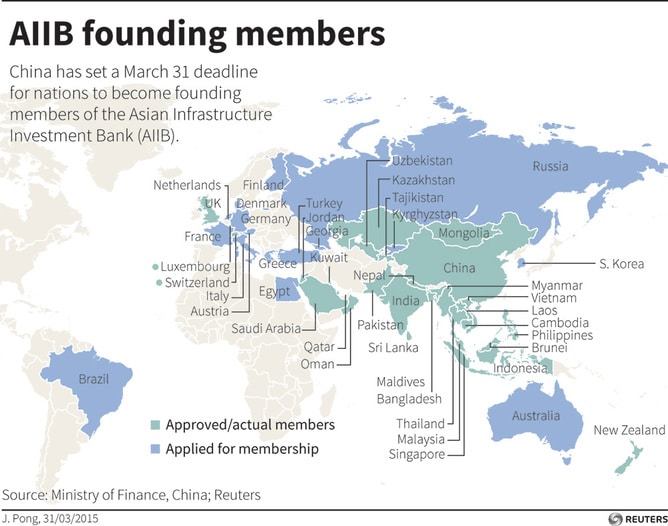ASEAN Dynamics Work Well, but Security Concerns Cloud its Future
The dynamics at work in ASEAN are an underâ€appreciated but crucial component of the Asia Pacific’s geoâ€political equation. Understanding these dynamics offers insights for policymakers reviewing the United States’ rebalance to Asia.
With more than 600 million people, the ten-nation ASEAN is a major trading partner for Australia, China, the US, and beyond. ASEAN’s significance comes from its position astride strategic and economic choke points of vital concern to countries that rely on free and unfettered access for their security and prosperity.





